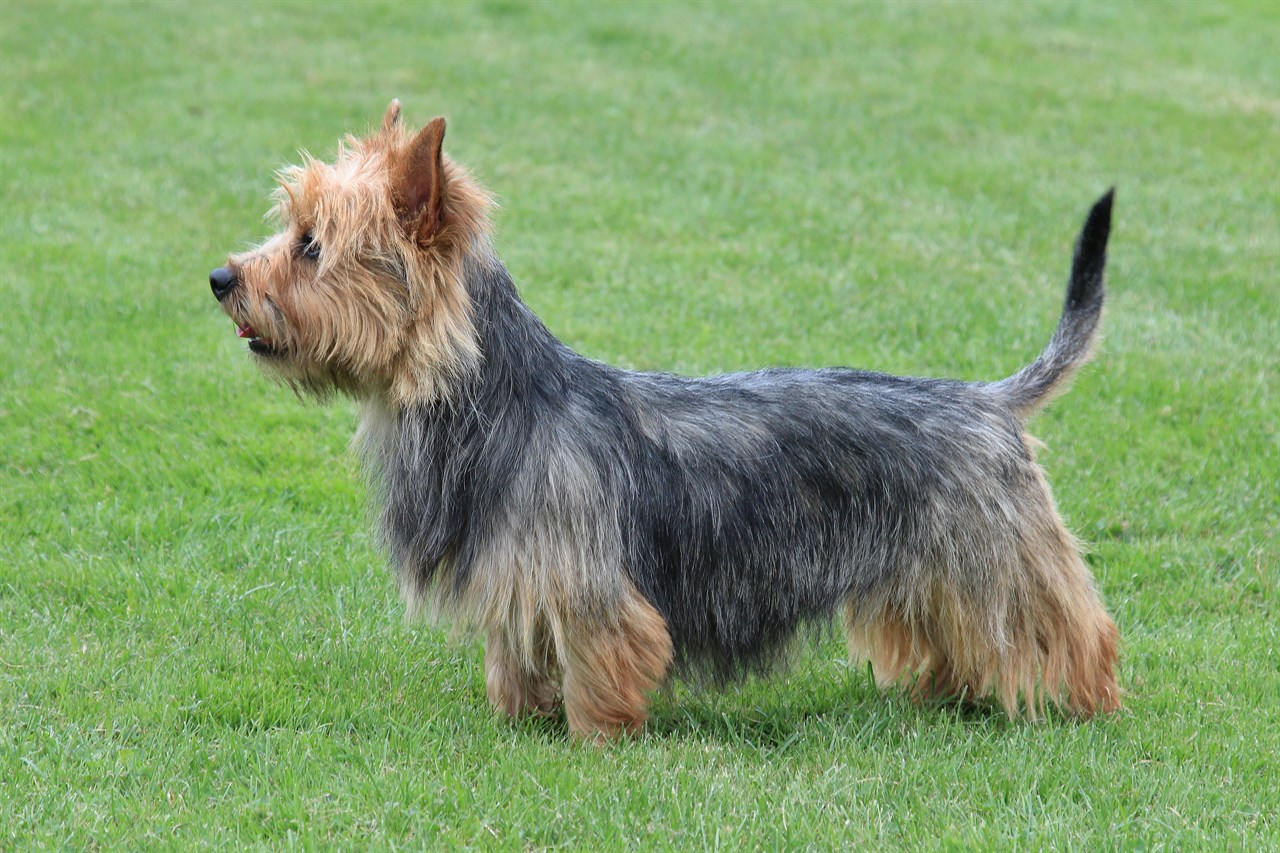Feeding Habits and Food Requirements of the Australian Terrier: Nourishing the Spirited Companion

Proper nutrition is essential for the health and well-being of your Australian Terrier. Providing a balanced diet that meets their specific dietary needs is key to ensuring they lead a happy and healthy life. Here are some guidelines for feeding habits and food requirements for Australian Terriers
High-Quality Dog Food
Choose a high-quality commercial dog food that is appropriate for your Australian Terrier's age, size, and activity level. Look for brands that list meat as the first ingredient and avoid foods with excessive fillers or artificial additives.
Portion Control
Be mindful of portion sizes to prevent overfeeding, which can lead to obesity. Follow the feeding guidelines provided on the dog food packaging, but also consider your dog's individual needs. Factors like age, activity level, and metabolism should be taken into account.
Age-Appropriate Feeding
Puppies, adults, and seniors have different dietary requirements. Make sure to feed your Australian Terrier according to their life stage. Puppies require more frequent feedings and a diet that supports growth and development, while seniors may benefit from a diet tailored to their changing nutritional needs.
Fresh Water
Provide access to fresh, clean water at all times. Proper hydration is crucial for overall health.
Protein and Nutrients
Ensure that your dog's food provides an adequate amount of protein and essential nutrients. Protein is particularly important for muscle maintenance and overall health. Look for a balanced diet that includes vitamins, minerals, and fatty acids.
Avoid Human Food
Resist the temptation to feed your Australian Terrier human food from the table. Some human foods can be toxic to dogs, and overindulgence can lead to digestive issues and obesity.
Avoid Overfeeding Treats
Treats can be a valuable tool for training and rewarding your Australian Terrier, but they should be given in moderation. Choose healthy, dog-specific treats and avoid excessive indulgence.
Regular Feeding Schedule
Establish a consistent feeding schedule by feeding your Australian Terrier at the same times each day. This routine helps with digestion and can also make housebreaking easier.
Monitor Weight
Keep an eye on your dog's weight. Maintain a healthy body condition by adjusting their food intake and activity level as needed. Consult your veterinarian if you have concerns about your dog's weight.
Dietary Restrictions
Some Australian Terriers may have specific dietary restrictions or allergies. If you suspect food allergies or sensitivities, consult your veterinarian for guidance on suitable food options.
- Consult Your Veterinarian: It's crucial to consult your veterinarian for specific dietary recommendations tailored to your Australian Terrier's individual needs. They can provide guidance on the best food choices, portion sizes, and any special dietary considerations based on your dog's health and lifestyle.
By providing a balanced and nutritious diet, you can help ensure that your Australian Terrier maintains optimal health, energy levels, and overall vitality throughout their life.
Australian Terrier puppies for sale
- Find Australian Terrier puppies for sale in ACT
- Find Australian Terrier puppies for sale in NSW
- Find Australian Terrier puppies for sale in NT
- Find Australian Terrier puppies for sale in QLD
- Find Australian Terrier puppies for sale in SA
- Find Australian Terrier puppies for sale in TAS
- Find Australian Terrier puppies for sale in VIC
- Find Australian Terrier puppies for sale in WA